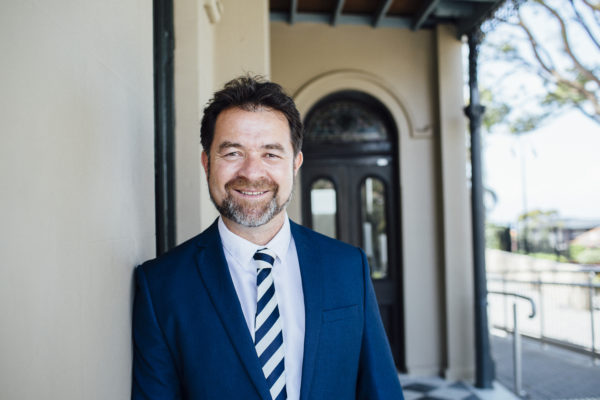
Mr Patrick Brennan, Deputy Principal - Student & Staff Wellbeing
Social Media Challenges and Risks –
Our students’ access to social media is often mixed with parental concerns in terms of immediate gratification through ‘likes” and a warped sense of reality, as everyone seems to be having fun and looking their best thanks to the many filters and lenses built into apps and smartphones. Unfortunately the more outrageous or sexualised the behaviour, the more ‘likes’ are achieved.
Social media tends to reward outrageous behaviour, and the more outrageous, the bigger the likes and follows. That environment plays into young people’s underdeveloped ability to think through their actions and possible consequences.
Young people, particularly male students, tend to be more impulsive and likely to act before thinking through all of the ramifications, making social media ‘challenges’ a big attraction.
A small number of students, unfortunately, decided to recreate an extremely dangerous challenge that went viral recently. This was quickly detected by the College and shut down, with all students involved counselled, and consequences put in place.
While not new, the pass out challenge is dangerous and deadly, and in late January 2021, a 10-year-old girl lost her life while participating in this challenge. Participants intentionally cut off their oxygen, intending to cause euphoria, but most of the time lose consciousness.
In recent years, swimming’s governing body FINA warned parents and coaches of the dangers of holding your breath underwater for an exceeding amount of time. Emergency departments were seeing an increasing number of swimmers (both elite and novice) pass out underwater, as a result of attempting to hold their breath for as long a possible. I am sure we all remember the challenge of swimming a lap underwater on one single breath, as kids. This is a strict ‘no go’ now, with a spike in brain injuries and drownings resulting from this practice.
As parents and teachers, social media ‘challenges’ are something we must be across. We need to be aware and start conversations around the ‘challenges’ they may have heard of among their circle of friends. Ask them, (without judgment), what they think are the dangers behind these challenges. Google the challenges online, research them, and make sure you notify the College if you hear them being discussed (or acted out), so we know they are circulating if they are even slightly risky.
Also, consider discussing with your sons what actions they can take if they are worried about a friend or peer, and whom they feel safe to talk to should they feel pressured to join in with a challenge.
If the answer is that they would tell you or another trusted adult such as a teacher, their Mentor or Head of House, that would be a great start.
Vaping – The College Doubles Down
In 2020 the College spent a great deal of time educating students about the dangers and legal ramifications of vaping, particularly at school. The Wellbeing Team and counsellors wrote about vaping in the newsletter, and it was discussed on numerous occasions at assembly.
2021 has seen the frequency of vaping increase at the College. This increase matches a similar trend at other local high schools, and was the subject of attention last week on breakfast television.
Some schools are fitting sensors about the toilet cubicles. At this point, the College will not be doing this.
I spoke to students at last week’s assembly, reminding them of the dangers of vapes, and how the research suggests they can lead to long term tobacco use. This is the single most preventable cause of death in the developed world.
I also indicated that we are doubling the suspension, and requiring a parent meeting for any student caught in possession of a vape on campus. I would encourage all parents to speak with their sons, and reinforce the health messages surrounding vaping. The research is conclusive in this space.

Parents and educators can reinforce the health messages surrounding vaping



